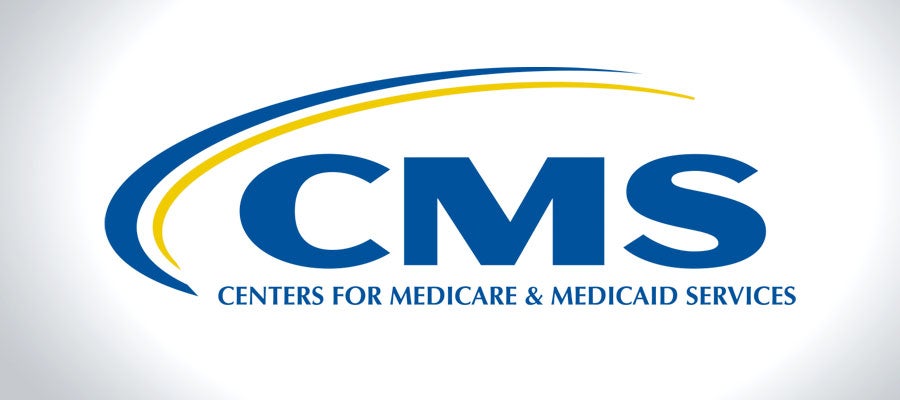
News







Latest
A new Kaufman Hall study is showing the extent to which hospitals’ finances continue to be negatively impacted by the COVID-19 pandemic.
A new resource from the American Society for Health Care Engineering and Naval Medicine Readiness and Training Command summarizes recommended ventilation system controls for health care facilities treating COVID-19 patients.
In response to the Texas storm emergency, the Centers for Medicare & Medicaid Services announced further flexibilities for Texas health care facilities in addition to the existing pandemic waivers.
Strategic alliances forged by AHA with organizations like the National Urban League and UnidosUS are strengthening collective effort to address well-documented, disparate health outcome for Black and Latino communities, writes Joy Lewis, AHA’s senior vice president for health equity strategies.
Authorized health care providers should now order the monoclonal antibody therapy bamlanivimab and antibody cocktail casirivimab/imdevimab directly from the sole distributor, AmerisourceBergen Corp., the Department of Health and Human Services announced.
AHA urged the Department of Health and Human Services to make the process for hospitals to report data to the HHS TeleTracking COVID-19 Portal and other data reporting platforms as efficient, transparent and valuable as possible.
The AHA, American Medical Association and American Nurses Association released a joint statement as the number of U.S. deaths related to COVID-19 approached 500,000.
by Rod Hochman, M.D.
Join me on this episode of Leadership Rounds with Consuelo Wilkins, M.D., vice president of health equity at Vanderbilt University Medical Center, based in Nashville.
New data from Pfizer Inc. indicates that its COVID-19 vaccine is more stable than previously believed when stored -25°C to -15°C (-13°F to 5°F), temperatures more commonly found in pharmaceutical freezers and refrigerators.
The FBI has issued recommendations to help prevent and respond to Telephony Denial of Service (TDoS) attacks, which can make 911 call centers unavailable to users and undermine public trust in emergency services.
President Biden nominated Chiquita Brooks-LaSure to lead the Centers for Medicare & Medicaid Services. Brooks-LaSure previously served as deputy director for policy at the Center for Consumer Information and Insurance Oversight within CMS and earlier at the Department of Health and Human Services as director of coverage policy.
To help combat burnout and fatigue amidst the COVID-19 pandemic’s effects on health care workers’ wellbeing, the International Hospital Federation and the International Society for Quality in Health Care are hosting a Feb. 23 conference that will share good practices and innovations on how hospitals around the globe are improving their health care workers’ wellbeing and successful programs from other fields.
President Biden told a group of G-7 leaders that the U.S. will support the COVAX alliance tasked with distributing COVID-19 vaccines to 92 low- and middle-income countries.
The Centers for Medicare & Medicaid Services has identified Healthcare Common Procedure Coding System codes for billing Medicare for the combination monoclonal antibodies bamlanivimab and etesevimab, made by Eli Lilly and Co.
The AHA recently launched a new webpage dedicated to disseminating accessible information focused on addressing the equity issues in COVID-19 testing, treatment and vaccine administration efforts.
Safety monitoring during the first month of the COVID-19 national vaccination program shows “reassuring safety profiles” for the Pfizer and Moderna COVID-19 vaccines, the Centers for Disease Control and Prevention reported.
The Centers for Medicare & Medicaid Services extended until March 22 its guidance limiting the hospital survey process during the COVID-19 public health emergency.
3M recently released guidance to help customers identify fraudulent surgical respirators in response to growing reports of fraud related to three of its respirator models.
The AHA today expressed support for the Temporary Reciprocity to Ensure Access to Treatment (TREAT) Act, which allows for the temporary reciprocity for treatment by medical professionals licensed in one state to patients in other states.
Advancing health equity within communities of color disproportionately impacted by COVID-19 — and getting the facts straight about reasons for hesitancy over receiving vaccines — are priority issues for government policy influencers and health care organization leaders.

